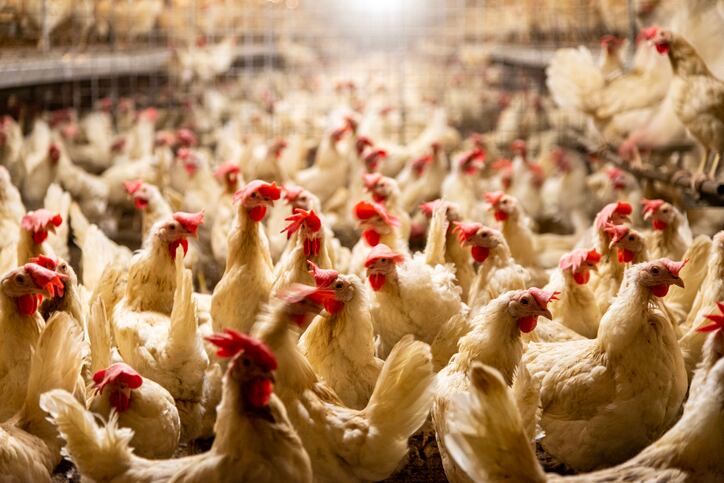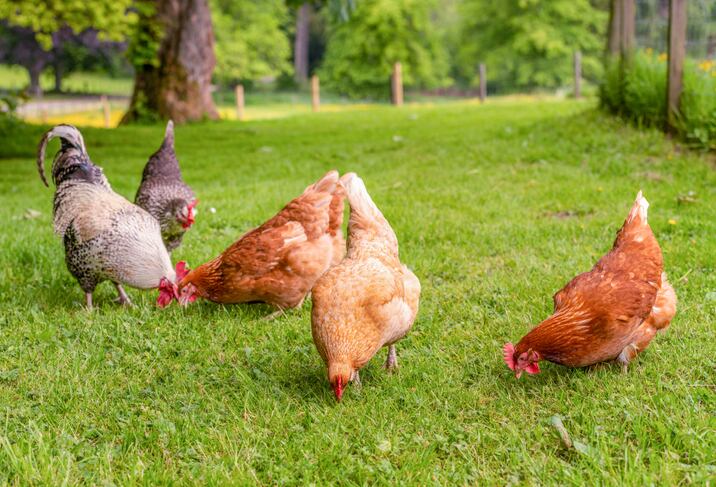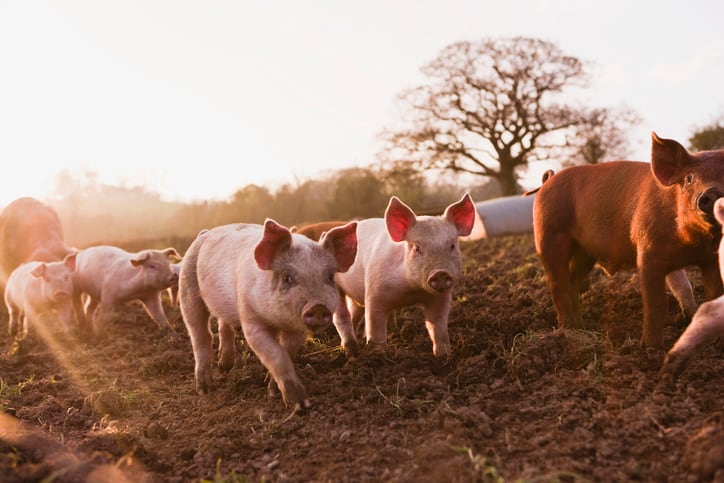This week Sen. Roger Marshall, R-Kan., introduced an amendment to the Senate Agriculture Appropriations bill that echoes a similar proposal in the House by Rep. Keith Self, R-Texas, that if passed would prohibit funding from the Farm Bill to be used to implement or enforce the National Organic Program’s Organic Livestock and Poultry Standards.
The OLPS proposed rule, if finalized, would standardize livestock health care practices, including physical alteration procedures that are prohibited and restricted for organic livestock; living conditions “to better reflect the needs and behaviors of the different species, as well as related consumer expectations;” and transport of animals, including new requirements on the transport of organic livestock for sale or slaughter, according to the Federal Register notice published last summer.
Even though the proposed rule would only apply to participants in the USDA organic program, which is voluntary, legislators have repeatedly tried to block its passage – including The Trump Administration which froze passage of an earlier final version of the OLPS that was passed under the Obama Administration.
‘A blatant attack on organic’
According to the Organic Trade Association, Marshall’s and Self’s amendments “are a blatant attack on organic” that is “unjust and unwarranted and represents a broader attempt to dismantle the National Organic Program.”
The trade group argues “adoption of these amendments would set a dangerous precedent for organic rule-making and threaten the future of organic.”
The USDA Organic standard is unique in that it was established as a living certification program that could be updated by taking into account advice from the National Organic Standards Board.
If passed, OTA has argued, the proposed amendments could weaken this structure, threatening the National Organic Program’s ability to evolve with consumer expectations and risking economic harm to organic producers and businesses that rely on shoppers’ confidence in the label.OTA promises an “all-out effort to fight this attack.”
Could proposed EATS Act complicate defending OLPS?
But could the attack perceived by OTA go beyond organic and could it be harder to defend against now that Marshall is involved given he is actively fighting alongside other political heavyweights to fight state laws that he perceives as posing a similar threat to conventional animal agriculture.
For example, Marshall, along with Sen. Chuck Grassley, R-Iowa, and others, introduced in June the Ending Agricultural Trade Suppression (EATS) Act, which aims to prevent regulations in one state from impacting farmers and ranchers outside of their jurisdiction.
An obvious target of the Act is California’s Proposition 12, which prohibits sale in the state of pork that does not meet its heightened animal welfare standards and which the Supreme Court upheld in May after the National Pork Producers and the American Farm Bureau unsuccessfully argued that it violated the US Constitution by “impermissibly burdening interstate commerce.” The groups claimed, and the court dismissed, that because California imports almost all of the pork it consumes the compliance costs of Prop 12 would be “unfairly” borne by out-of-state farms.
An earlier version of the OLPS faced similar opposition, including from the American Farm Bureau Federation and that National Pork Producers Council. NPPC called for the complete withdrawal of the earlier regulation on the grounds that it pushed an agenda rather than advanced food safety or animal welfare. At the time there was concern that elevating the standards for organic could threaten conventional players’ market share by raising consumer awareness and demand for a similar level of animal welfare.
If the OLPS is pulled into the broader political debate about the ripple effects state laws it may face more aggressive attention that is not easy to shake.
A key difference between OLPS and the state laws, which could work in its favor, is that OLPS is not mandatory – rather it is voluntary and only those seeking organic certification would need to comply.
And, as illustrated by the Supreme Court’s ruling on Prop 12, arguments against states’ and voluntary certification programs’ ability to establish their own rules may not hold up.
However, the court of public opinion, may not see it that way if the standards are perceived as an economic and social threat to conventional agriculture stakeholders – meaning the final outcome is still in the air.




